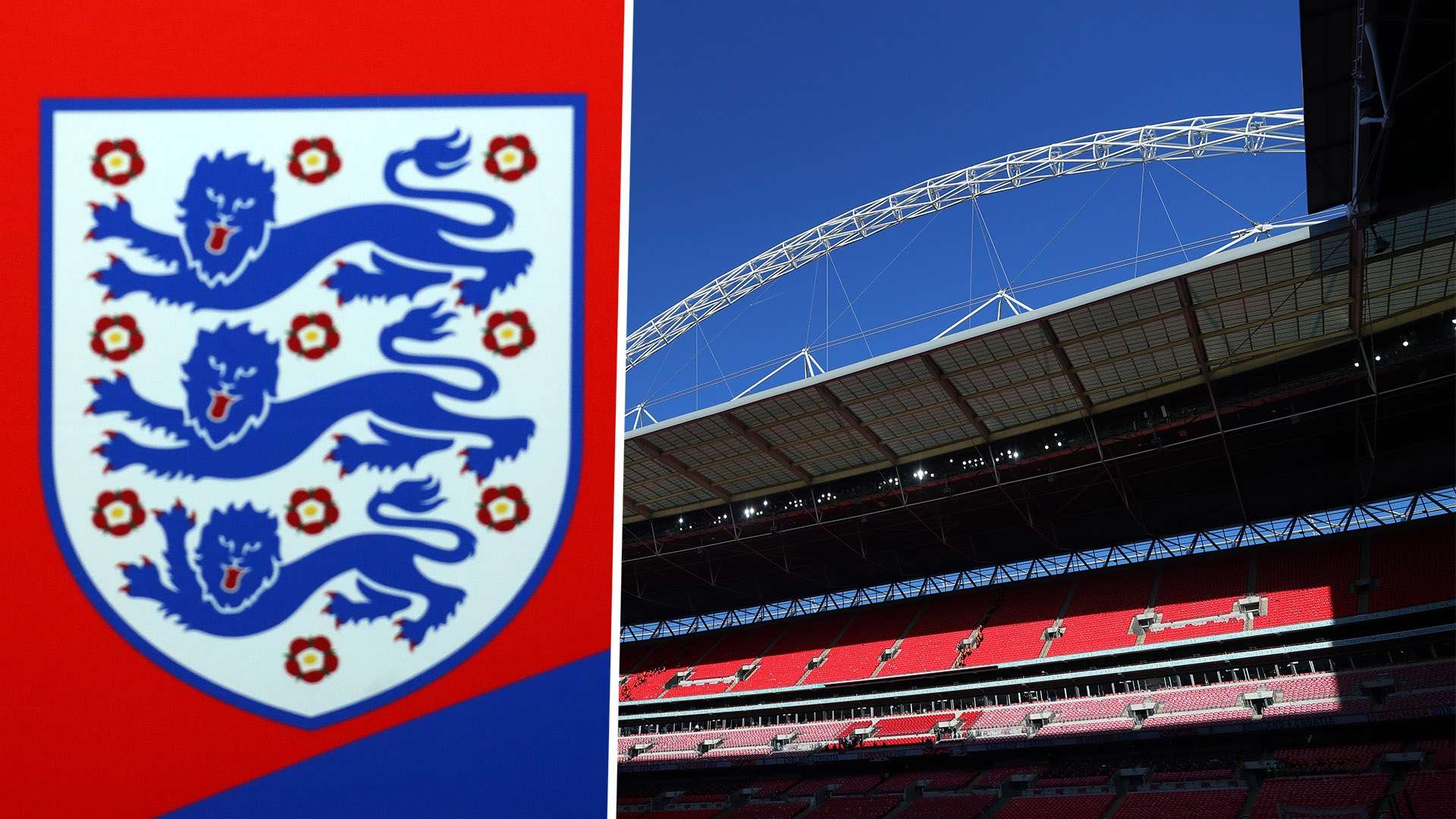The Football Association is asking for people to come forward with information over allegations that an unnamed England player was thrown out of a nightclub for taking cocaine.
In claims made by the Sun newspaper, the player allegedly snorted the drug during a pre-Christmas team get-together after an away game.
The club’s manager is then alleged to have put the player in a taxi and sent him home, with the report claiming he mistakenly believed he was drunk.
And in response to the Sun's story, the FA have appealed for further information from anyone that may have witnessed the alleged incident.
In a statement they told Goal: "The FA operates one of the most comprehensive national anti-doping programmes in the world. In partnership with UK Anti-Doping, we have a targeted research and intelligence-led programme in place to identify potential doping risks in the game.
"Although incidents of doping in English football are very rare, it remains a priority for The FA to find and sanction anyone found taking performance-enhancing or recreational drugs.
"We encourage anyone with information about any anti-doping violation in football to report it to The FA, via anti-doping@thefa.com, or to UK Anti-Doping by visiting: www.reportdoping.com."
The FA have the power to issue suspensions to any player found guilty of breaching its social drugs policy.
Punishments range from a zero to three-month suspension for a first offence up to a lifetime ban for multiple offences.
The FA conduct drugs tests after matches as well as at training sessions and player’s home addresses as part of its anti-doping programme.
Players can be selected for a drug test in either a random or a targeted basis.
Latest figures show more than 5,000 players were tested during the 2017-18 season. Six players were found to have been in breach of social drugs policy regulations while there were two breaches of club whereabouts regulations.
As well as testing, the FA’s anti-doping programme also combines research and education to ensure players are "sufficiently educated about both the regulations relating to anti-doping, the risks of doping and that it is effective in detecting and deterring drug use within the game."



.jpg?auto=webp&format=pjpg&width=640&quality=60)
.jpg?auto=webp&format=pjpg&width=640&quality=60)